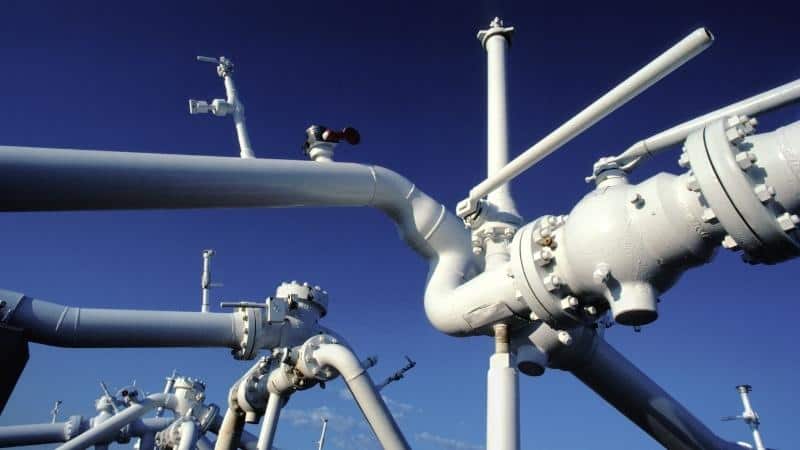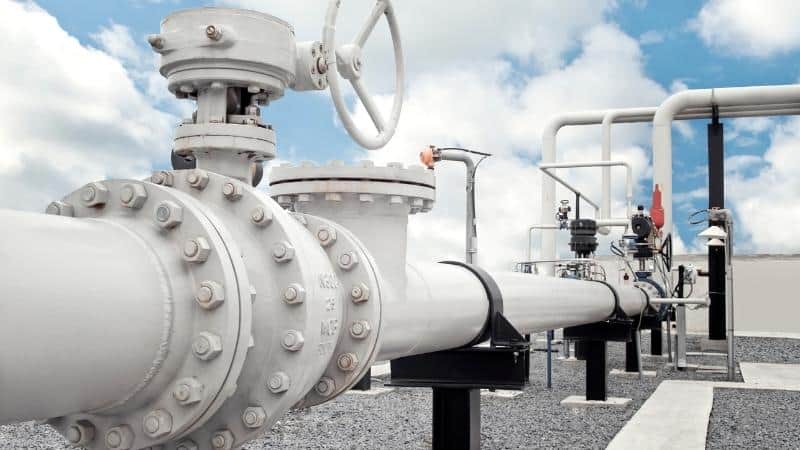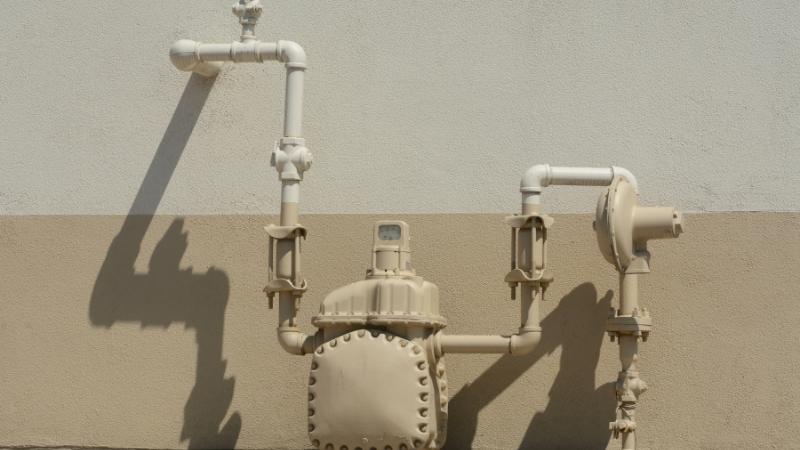Contents
The world has been surviving by running on natural gas, a fossil fuel. Fossil fuels are natural resources that we can derive from organic matter, in other words, living organisms such as plants and animals. However, we all know it takes thousands of years to form fossil fuels since it is a geological process and there are no artificial means either.
For this reason, we have been off our conventional and orthodox ways to search for alternatives to fossil fuels. Gradually, natural gas is being replaced by chemical compounds such as propane. But natural gas has been used for decades so it’s not going to be easy to completely erase its applications just yet. From tiny cottages to massive industries, natural gas is involved everywhere.
We just have to be careful when using natural gas, especially in houses. Because natural gas is both rare and dangerous on certain occasions.

What is a natural gas line? Where is it used?
A natural gas line is made of carbon steel or polyethylene. It connects the main gas provider to houses, businesses, or some service providers who bypass the gas to other places. The natural gas utility maintains and operates gas pipelines and facilities that the residential gas meter allows.
In houses, the natural gas line is usually directly connected to gas stoves or fireplaces that use natural gas. Indirectly, they are applied to steam or gas turbines that generate electricity which flows back to the houses. But that’s not important since gas lines connecting turbines won’t be near our hands.
Why is bleeding out of a natural gas line required?
It’s always advised to bleed out of a natural gas line whenever there is no gas flow inside the gas line.
One of the reasons to do that is if you decide anytime to stop using gas and the gas lines are not entirely empty for a period, the formation of air holes can occur. So, when you’ll go back to using that gas line, there will be high chances of leakage that you may not notice. And gas leakages yield some of the worst incidents in anyone’s life. Also, as mentioned before, natural gas is one of the progressively super rare elements of the world so inadvertently leaking it is an unfortunate waste.
What you should do is, bleed the natural gas out of the gas line. However, this job itself is considered unsafe in amateur hands. At the same time, you may not have access to professionals either, for any valid reasons. Therefore, you can just be careful and follow some basic steps to bleed out the natural gas line yourself.

How to bleed air out of a natural gas line?
Let us get to the steps right away. You should also take some precautionary steps which will be given too. Make sure you follow them diligently.
Step 1- Bring ties or clamps and place them on the gas line. This will help you to sandwich the item you want to work with tightly in between the ties. You can even double-tie the line by adding ties slightly further from you’re the item you will be working on. Ensure if the line has been completely sealed off before you finally turn off the main gas lines.
Step 2- Go back to the gas line and search for the value of the item that you are working on. After finding it, open the valve and begin to push so that the gas in that section of the line is bled out until it is completely vacant. For further assurance, you should keep the valve open for a few more minutes. This process should remove all of the gas from the room as well as from the item you are working on. Move forward to the next section of the line and repair anything you require before closing the valve back.
Step 3- Finally, start removing the ties or clamps you have placed at the beginning. Start by the furthest from the item and then keep going until you have removed all of them. Go to the main gas line and turn it back on. Examine the gas line very carefully to check for any kind of leakage and also check if the item is working properly until you are fully satisfied. You have successfully bled all the air out of your natural gas line.
Precautions-
1) Keep your room fully ventilated throughout the entire procedure and do not close your windows, doors, or ventilators until you are absolutely sure that no gas is there. You can turn on your fan to be assured.
2) Wear a mask and protective goggles if possible.
It is repeatedly advised that in case you are not confident about bleeding air out of your natural gas line yourself, you can always seek a professional for assistance. The above steps are only for those willing to take the risk or for the aforementioned urgencies. Anyways, never forget to have care about your world’s resources.
